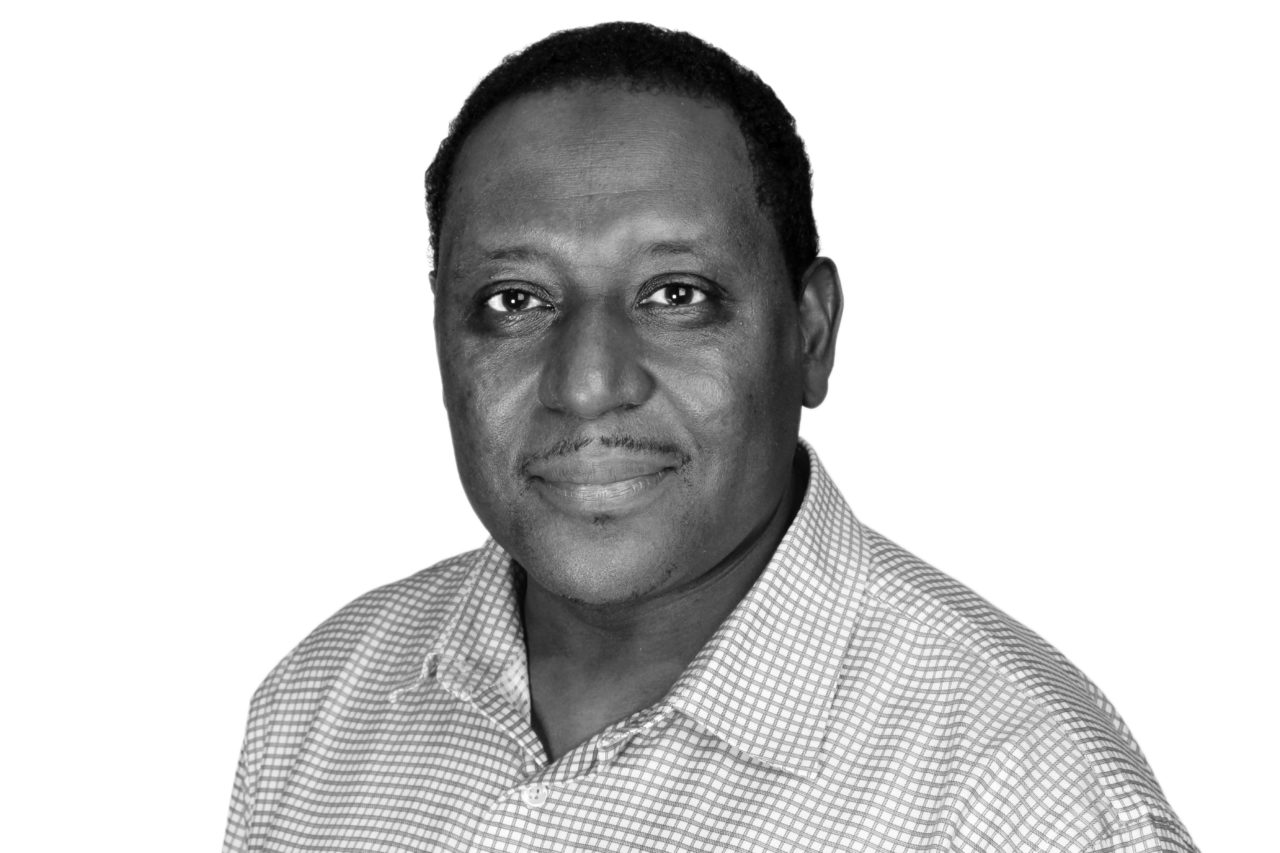As Director for Health, Nutrition and Population at the World Bank Group and Director of the Global Financing Facility for Women, Children, and Adolescents (GFF), Dr. Muhammad Ali Pate utilizes his medical expertise to secure the health and well-being of families all over the world.
Dr. Pate already has a long list of contributions to his home country of Nigeria. But one of his most fervent health initiatives works to reduce instances of unsafe births. Due to lack of access, education, and help, many women face the deaths of their children and themselves during childbirth. In order to change this, this initiative mobilizes midwives to assist in safe, at-home births.
Much of Dr. Pate’s work focuses on integrating the large and the small. In fact, many of his most impactful projects include coordinating partnerships with public and private health centers. This way, they can maximize their reach across developing countries. Additionally, he makes use of local needs to solve global problems.
Muhammad Ali Pate: the new doctor in town
After graduating medical school in the U.S., Dr. Pate took his talents to the World Bank in Washington D.C. There, he took multiple positions directing and guiding health initiatives for Africa and Asia.
However, the outburst of the polio epidemic in 2008 changed his course. It inspired him to take a more senior position as head of the National Primary Health Care Development Agency in Nigeria. In July 2009, Dr. Pate launched an immunization initiative that encouraged traditional local leaders to help distribute treatments to poorer communities where the public health care system failed.
“We reframed the conversation from primarily that one of global imperative to eradicate polio, to one that resonates within the context of the need to address several other health issues that were resonant with the people in local areas,” he explains.
Dr. Pate’s mission to prevent and treat polio in Nigeria awakened a new understanding of how public health worked in the country. By identifying fundamental failings in the healthcare system, he implemented new strategies to augment the relationship between public hospitals and clinics, and private firms. The result was greater distribution of immunizations and improved engagement between health officials and local leaders.
“The story of Nigeria is really about that balance between the global imperative and what it means to our world, humanity, and the local needs that people actually have,” he comments.
Saving lives, from medical school to philanthropy
Son of a traditional Fulani herdsman, Muhammad Ali Pate was the first in his family to complete secondary school. Next, he pushed his success even further and entered medical school. He began his medical studies in Nigeria, and completed his residency at the University of Rochester in New York.
Yet even outside the hospital, Dr. Pate saves lives. As former Chief Executive Office of Big Win Philanthropy, he invested in young people in developing countries to help expand their opportunities for economic growth.
“Despite all the dysfunction that we might be able to see in parts of the world, there are things that we can actually come together and accomplish,” he comments.. “You have to be an optimist to be in global health.”
Dr. Muhammad Ali Pate puts family health first
In addition to his feats in integrating public and private health sectors, one of Dr. Pate’s most prevalent projects was his implementation of a national Midwives’ Service Scheme (MSS). This program focuses on promoting safe birthing practices and decreasing maternal and child mortality.
In a similar way he filled the gaps of immunization distribution, Dr. Pate formulated a strategy to get women in rural areas the help they need for child delivery. The scheme mobilizes midwives throughout the country and assigns them to rural communities. In this way, they increase skilled birth attendance and reduce risk.
In the last 12 months, MSS mobilized 400 midwives from 1,000 public health centers and 400 general hospitals. Moreover, the initiative works to expand onto smart phone devices so that women can immediately access health officials if they have access to a device.
Learn more about Dr. Muhammad Ali Pate here.



